Sleep
Did you know that sleeping well is just as important for our health as eating a good diet and being active? We all have periods when we find it difficult to sleep, and when this happens occasionally we don’t need to worry too much. But long-term sleep issues can have an effect on our mental and physical health. So let’s make sure you’re getting enough, and find out some easy ways to make the most of your snoozing…
Why is sleep so important?
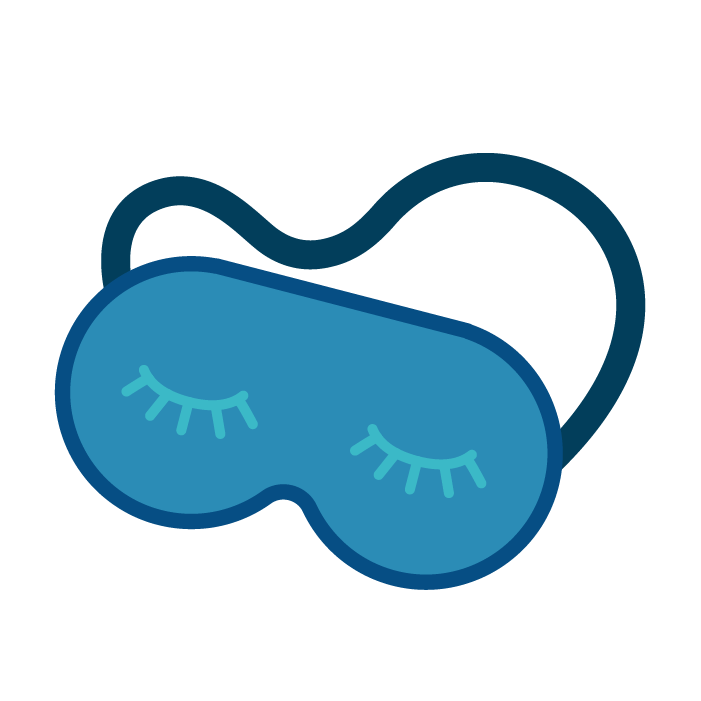
Recover and prepare
Sleep helps our bodies and our minds to recover from the day and prepare for tomorrow. Too little sleep and those tomorrows will be tougher.
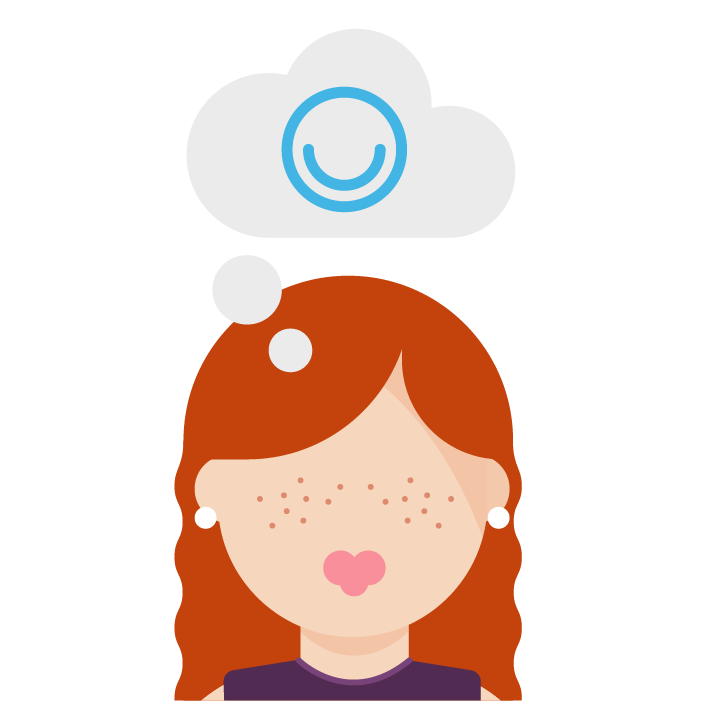
Sleep promotes a healthy mind
Scientists have found that there’s a strong relationship between getting enough sleep and feeling well and happy. Not getting enough sleep can cause low mood and even make depression and anxiety worse.
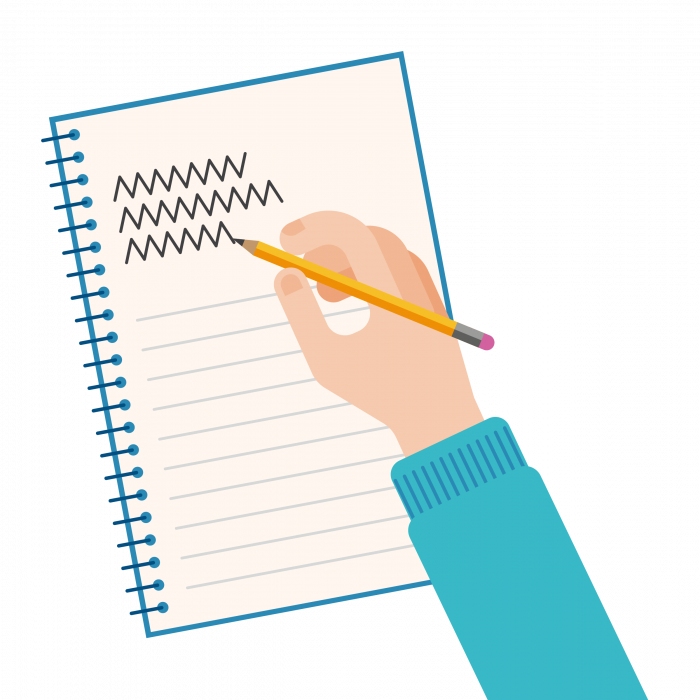
Focus
Scientists have shown that having a good sleep will help you concentrate during the day and also helps your brain to organise and store the information you have learned during the day. Clever.
How much sleep do you need?
The amount of sleep you need changes as you get older. For example, The Sleep Council recommend 10-11 hours of sleep a night for 7-12 year olds and 8-9 hours of sleep for 12-18 year olds.
But the amount of sleep we need is a very personal thing. Teenagers often find they feel tired and may need more sleep as they go through puberty and into adolescence. This is probably because of all the hormonal and physical changes to both the body and the brain.
They key question to ask yourself is ‘how do I feel during the day?’ If you feel well rested and alert then you’re probably getting enough sleep. Or if you often feel tired, sleepy and lacking in energy it might be that too little sleep is to blame. If that’s the case, it may be worth seeing if the tips below can help you improve your sleep and how you feel during the day.
Worried you're not getting enough sleep?
Everyone has the odd night here and there where they don’t sleep well, or when they find themselves struggling to drift off. But if you’re regularly not sleeping well (most nights) for a long period of time (more than two weeks), you’re struggling to get up in the morning and feeling tired during the day as a result, then it’s time to talk to someone about it. You should also think about seeing your GP to make sure that everything is OK and to see if they might be able to help put it right.
The Sleep Charity has more information and advice.
Top tips for getting a better night's sleep
If you’re struggling to make the most of your shuteye, these tips might be able to help:
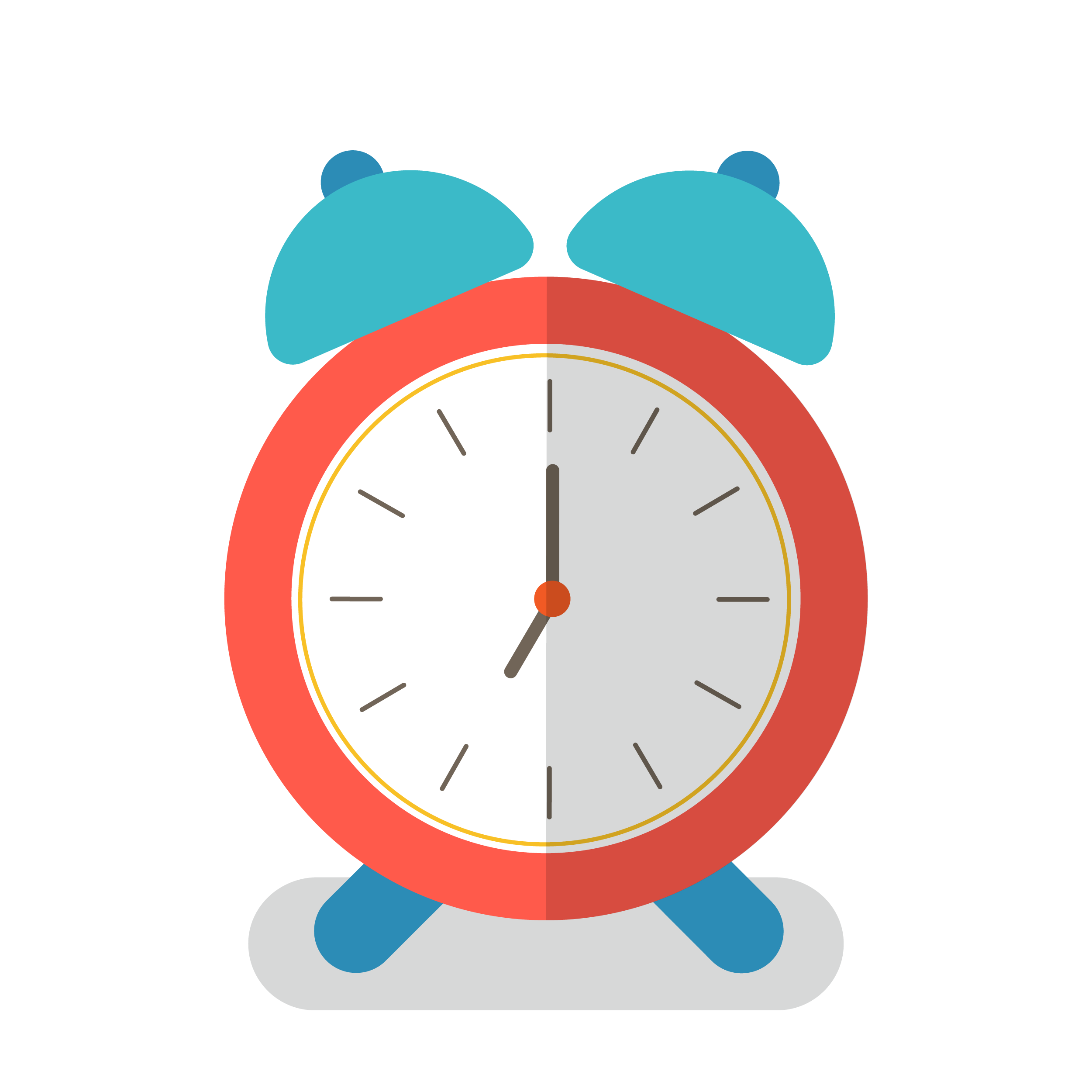
Stick to a routine
Many of us like a lie-in at the weekend but your body likes routine. So try not to wake up too much later than normal and avoid staying up late at weekends where possible. Try not to nap during the day too, especially if you have trouble sleeping at night.
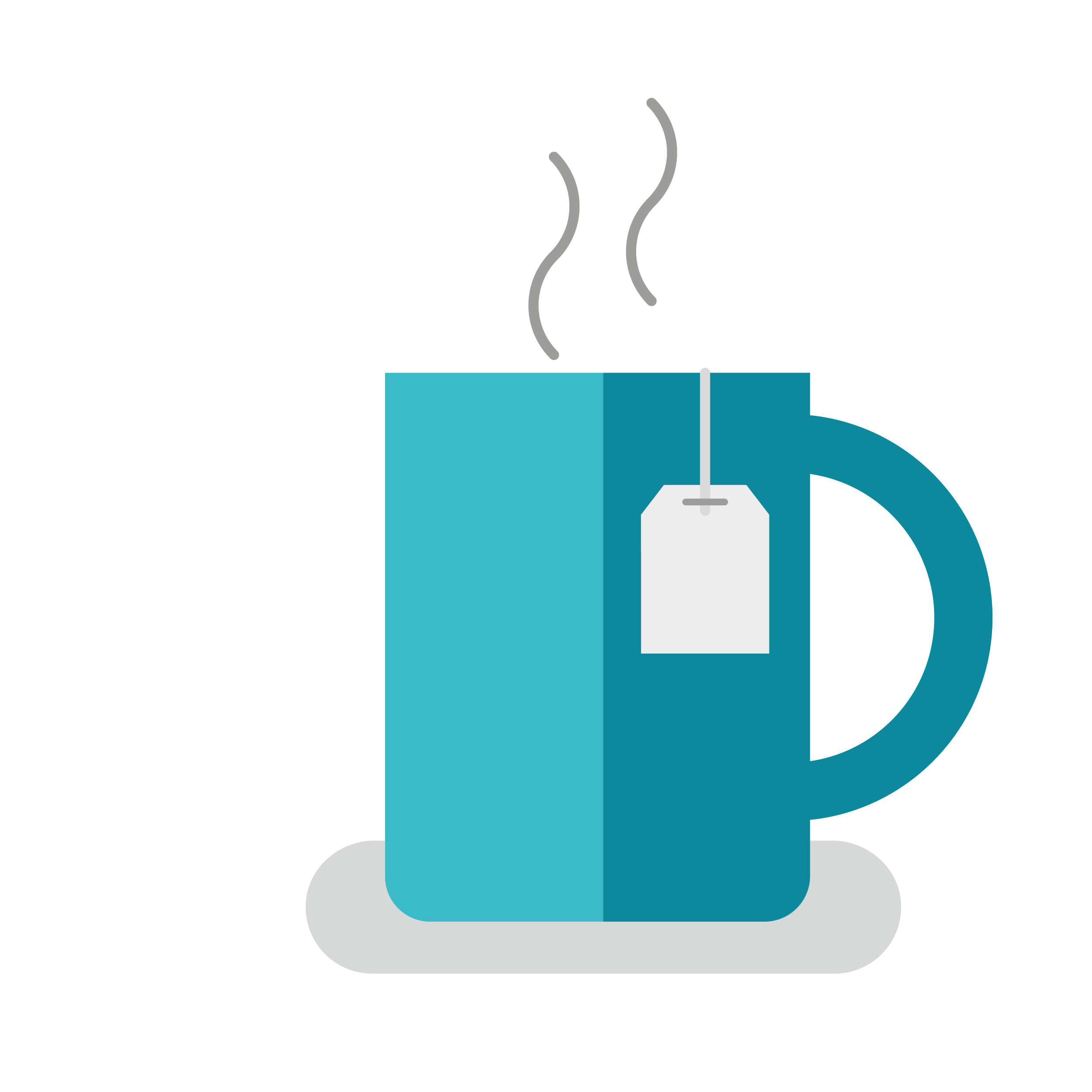
Watch what you eat and drink
Caffeine and sugary snacks can lead to restless nights. Avoid eating and drinking these troublesome treats later on in the day. P.S. Did you know that getting a good night’s sleep can also help you keep your weight healthy?

Try to relax...
If you’re worried about something it can make getting to sleep tricky. Try talking through any worries you have with somebody close to you. Or even write them down. It might help to do something relaxing in the evening. Mindfulness can also really help with sleep, or you could see if our MindMate relaxation recordings help you.

Get active during the day
Being active during the day will help you be ready for a good night’s sleep. However, avoid exercise in the two hours before bed as it can leave you wired and make it harder to fall asleep.

Make yourself a sleepy space
Make sure your bedroom is as dark and comfortable as possible. Let your parents/carers know if you are too hot/cold/uncomfortable. Blackout blinds or an eye mask can help if you get woken by the light nights and mornings.

Turn it off
The light from your phone and other devices can make it hard for your brain to switch off at night. Try putting your phone into ‘night mode’ or avoiding it altogether for an hour leading up to bedtime.

Teen Sleep
If you’re looking for advice on how to sleep better, would like tips on tweaking your routine or help to understand the science behind your sleep patterns, you’ll find it all here.
Teen Sleep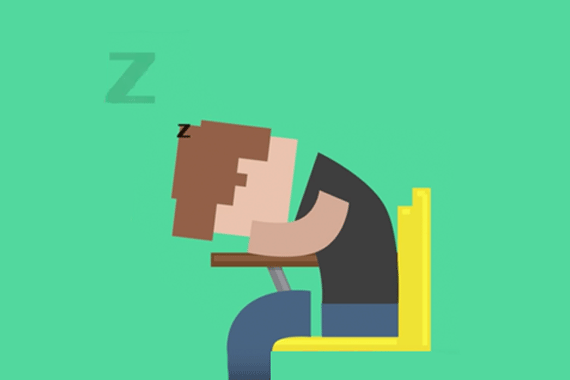
How much sleep do you really need?
How much sleep do you need? A short film from Life Noggin.
Film from Life Noggin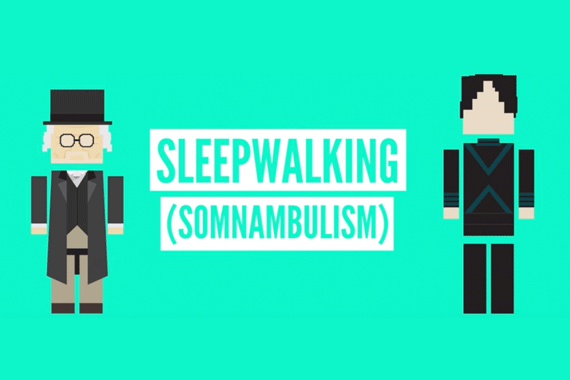
Why do you sleepwalk?
A short (and super fun) film about sleep walking (‘somnambulism’) from Life Noggin.
Sleepwalking on YouTube